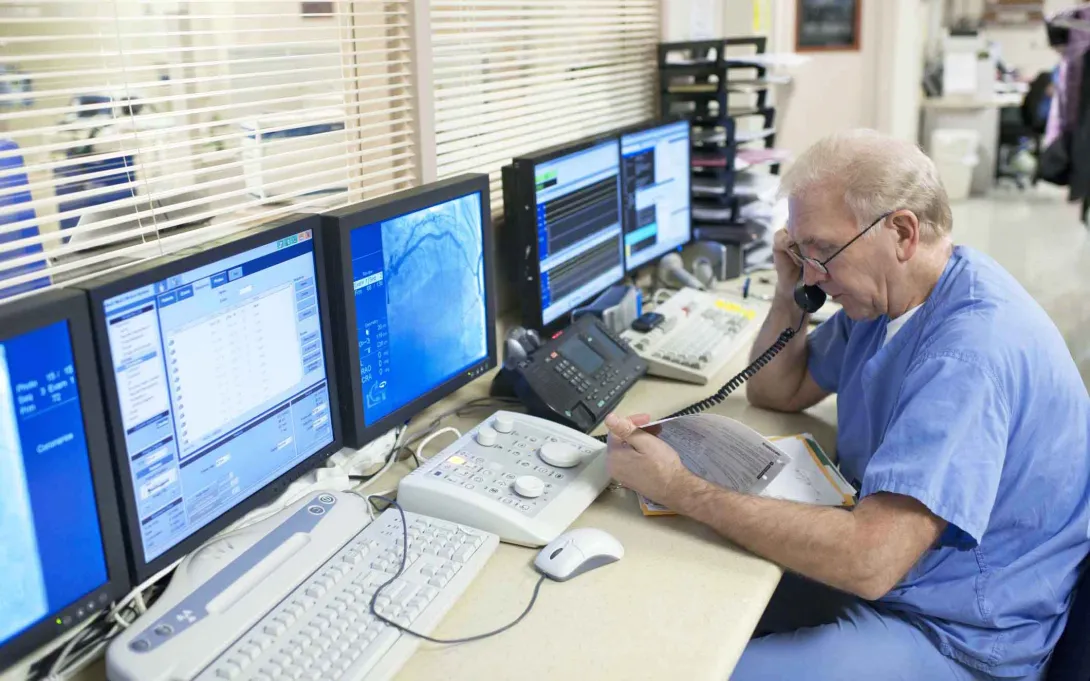
Photo: Reza Estakhrian/Getty Images
Allegheny Health Network has implemented touchless prior authorization using AI automation technology in a partnership with Humata Health, a physician-led company backed by investors such as Optum Ventures.
The Western Pennsylvania integrated delivery system is among Humata's investors and is the first health system to implement its touchless PA platform, according to Humata. Allegheny enters an order for a procedure into the electronic health record, and Humata bundles and submits the clinical information.
Using this method, in one month, 70% of requests for Current Procedural Terminology (CPT) codes have been approved, Humata said.
Allegheny and Humata previously partnered on select imaging and radiology procedures. In total, Allegheny has been automating more than 200,000 prior authorizations annually, with a first-pass approval rate of 96%.
Humata's touchless prior authorization technology automates the end-to-end process for authorization determination, clinical package generation, submission, status checks and post-authorization monitoring. For 14 days post-procedure, the platform monitors approved authorizations for any changes that could invalidate them, such as changes to the patient's insurance coverage, diagnosis codes added or removed, rescheduling a procedure outside of the originally authorized date range and more.
WHY THIS MATTERS
A June 2024 survey from the American Medical Association found the prior authorization process continues to have a "devastating" effect on patient outcomes, physician burnout and employee productivity.
In addition to negatively impacting care delivery and frustrating physicians, PA is also leading to unnecessary spending in the form of additional office visits, unanticipated hospital stays and patients regularly paying out-of-pocket for care, AMA results showed.
Lawmakers in the House of Representatives introduced a bipartisan bill called the Reducing Medically Unnecessary Delays in Care Act that would reform the practice of prior authorization in Medicare and Medicare Advantage by requiring that board-certified physicians in the same specialty make the PA decisions.
THE LARGER TREND
Humata Health is a physician-led AI company backed by investors including Optum Ventures, Blue Venture Fund, LRVHealth, 406 Ventures, Highmark Ventures, Allegheny Health Network, Renown Health, Yale New Haven Health, the University of Rochester Medical Center, Gundersen Health System and the University of Miami Health System.
ON THE RECORD
"Lifting administrative burden from our care teams, while speeding the path to care for patients is central to our goal of providing remarkable experiences for both our clinicians and those we serve," said Morgan Kroskie, corporate director, Central Authorization Department at Allegheny Health Network. "This innovative technology by Humata is delivering significant value to our organization in that regard through its touchless prior authorization capability, and we look forward to expanding our use of the solution across a broader spectrum of procedures and service lines."
Email the writer: SMorse@himss.org